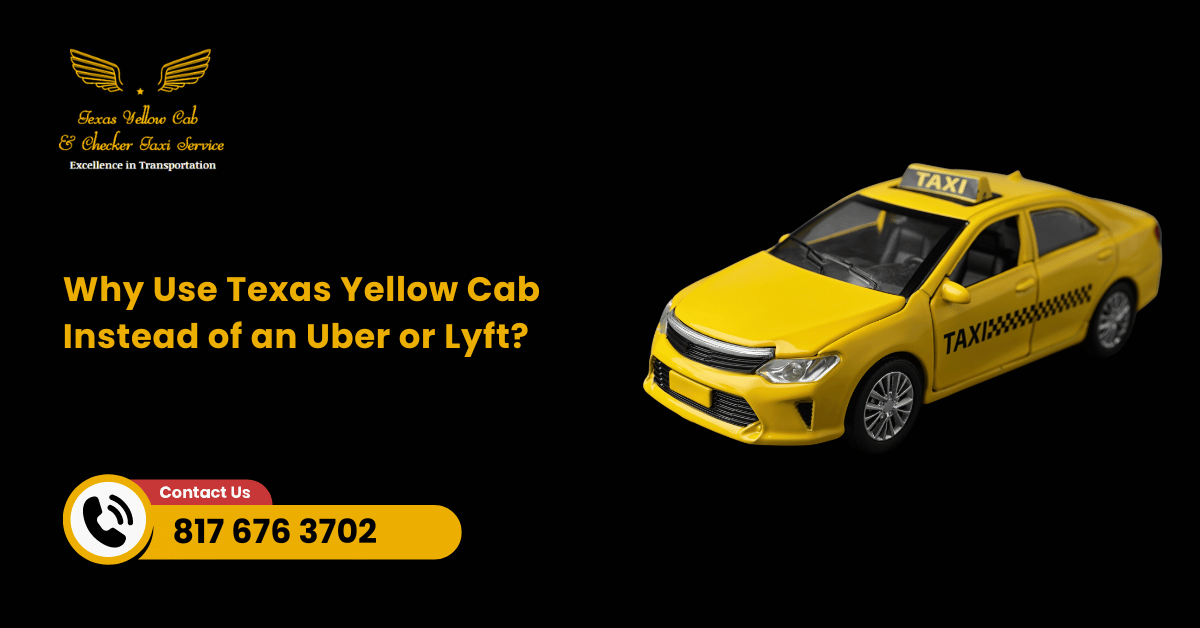The use of ridesharing services like Lyft and Uber has increased dramatically during the past several years. There are a lot of factors to think about before deciding that receiving a ride in someone’s private car is the best option, even though it might appear harmless at first. You are purchasing an unproven product, and there are insurance concerns for both the driver and the passenger. The conventional cab ride is the better selection after you take the time to comprehend the scenario and examine the choices.
Getting a ride may not seem complicated at first, but there are a few options to consider before settling on the one that’s ideal for you. Your life is completely dependent on the driver’s skill and judgment every time you hop in a car. Getting in a car – do you have any idea what to expect? Has the company taken sufficient precautions to ensure your safety during the ride? Before you choose to use a ridesharing service, there are a few things you should know.
Insurance Problems
Insurance for ridesharing services likely has some problems, at best. You can expect inconsistent coverage. Using your own car for business trips entitles most auto insurers to cancel your policy. The insurance company may refuse to pay for damages caused by an accident if the driver has not disclosed that their car is being used for ridesharing. This policy will be enforced.
If a driver is simply using their car on an as-needed basis for ridesharing services like Uber or Lyft, the added cost of commercial insurance can be too much to bear. This means that if you are hurt in a crash involving a rideshare, you, the passenger, could be held financially responsible. Your ride’s price can end up being much higher than you anticipated because of this! Would you be willing to take the chance of being saddled with expensive medical bills and even long-term therapy simply because you opted for a rideshare service rather than a taxi?
You can also read: Tips For a Safe Drive That Everyone Should Keep in Mind
How Does Insurance Work?
You should be aware that even in the best-case scenario, Uber’s car insurance coverage is spotty. While the driver is logged into the Uber app, Uber will only cover the car and its passengers. We are all aware that there are a variety of factors to think about while deciding whether to remain logged into an app. Is there a plan B in case the driver’s phone goes dead? So, what happens if the battery dies on the phone? Who will take over if the driver has trouble establishing a connection with the app? Again, you could be completely unprotected and responsible for paying for your own accident-related medical bills.
Background Checks
Vehicles used by rideshare companies like Uber and Lyft aren’t subject to the same checks and maintenance schedules as taxis. Background checks are not required of rideshare drivers, but they are for taxi drivers. No one can ever tell you the driver’s identity when you hop in a Lyft or Uber.
Taxi companies rarely use surge pricing, but ridesharing services all use it differently. You run the risk of riding in an unsafely neglected vehicle or being accompanied by a reckless driver with a criminal record. You should be able to safeguard yourself by knowing exactly what you are purchasing, wouldn’t you agree?
What Makes Taxi Better?
Taking a ride may appear like a harmless option, but it carries some danger. You should be aware of the potential outcomes and ready to deal with any dangers. If you want to go in the car with someone who has a spotless record and has been through rigorous background checks, hailing a cab is your best bet. The vehicle is in excellent condition and has been serviced correctly. Your safety has been prioritized because taxis are carefully regulated. Additionally, you are cognizant of the fact that commercial car insurance safeguards you in the event of an accident.

